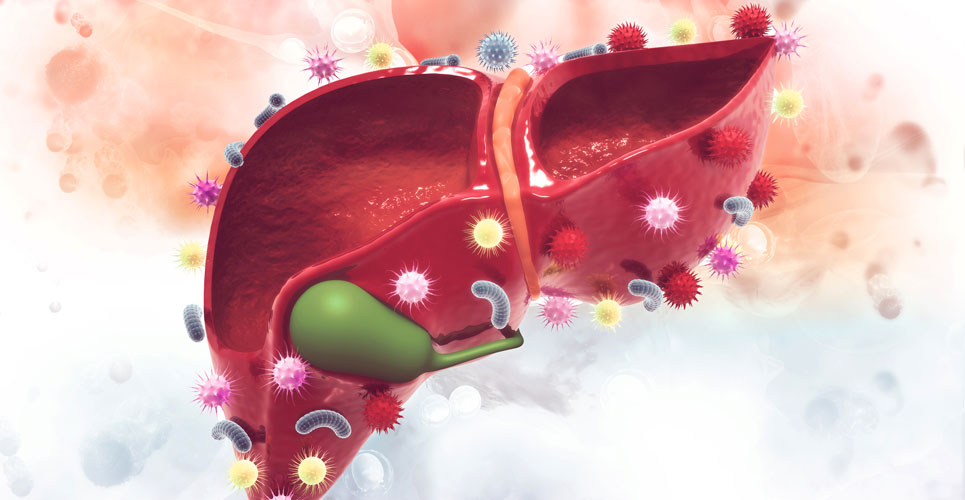Although a liver transplant requires subsequent immunosuppressant therapy, this not appear to increase patients’ susceptibility to mortality when hospitalised due to COVID-19.
This is the conclusion of a new analysis by an international team of researchers, of data contained in two liver transplant disease registries, COVID-Hep (based in the UK) and SECURE-Cirrhosis (based in the US).
For the study, the team collected information on 151 recipients from 18 countries, with a median age of 60 years (32% women) and compared the outcomes with a control group of 627 (median age 73 years, 48% women) patients. The major outcome of interest was death although the researchers also examined rates of intensive care admission. A similar number of patients were hospitalised (82% vs 76%) although a higher proportion of liver patients were admitted to intensive care (28% vs 8%, p < 0.0001) and given intensive ventilation (20% vs 5%, p < 0.0001). However, the proportion of patients dying was lower in the transplant group (19% vs 27%, p = 0.046) and none of the deaths were liver-related. Further analysis revealed that age, serum creatinine levels and cancer were associated with an increased risk of death among transplant patients.
The authors concluded factors such as age and comorbidities were more important predictors of mortality than transplantation.
Reference
Webb GJ et al. Outcomes following SARS-CoV-2 infection in liver transplant recipients: an international registry study. Lancet Gastroenterol Hepatol 2020; August 28: https://doi.org/10.1016/ S2468-1253(20)30271-5

